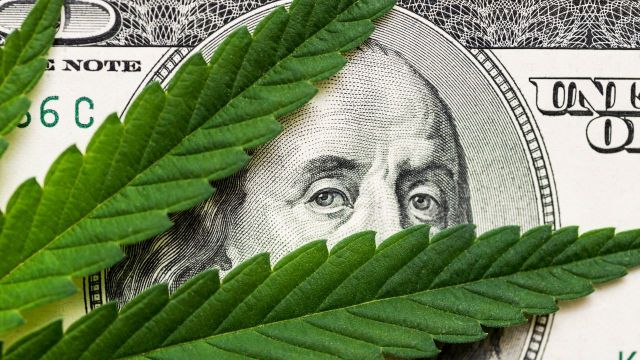Green Rush in Peril: Ohio's Cannabis Industry Fights for Survival

The Green Revolution: How Marijuana Legalization Transformed America
In the span of just a few short decades, the United States has witnessed a remarkable shift in its approach to cannabis. What was once a strictly prohibited substance has now become a rapidly growing industry, with states across the nation embracing recreational marijuana legalization.
The journey began quietly, with pioneering states like Colorado and Washington breaking ground in 2012, challenging decades of prohibition and sparking a nationwide conversation about cannabis use. Since then, a wave of change has swept across the country, with more than a dozen states now allowing adults to legally purchase and consume marijuana for recreational purposes.
This transformation goes far beyond mere legal permission. The marijuana industry has blossomed into a multi-billion dollar economic powerhouse, creating thousands of jobs, generating significant tax revenue, and reshaping social attitudes toward cannabis. From sleek dispensaries in urban centers to carefully regulated cultivation facilities, the landscape of legal marijuana has become increasingly sophisticated and mainstream.
As more states continue to reassess their cannabis laws, the momentum shows no signs of slowing. What was once a controversial topic has increasingly become a matter of personal choice, economic opportunity, and social progress. The green revolution is here, and it's changing the way Americans think about marijuana.
